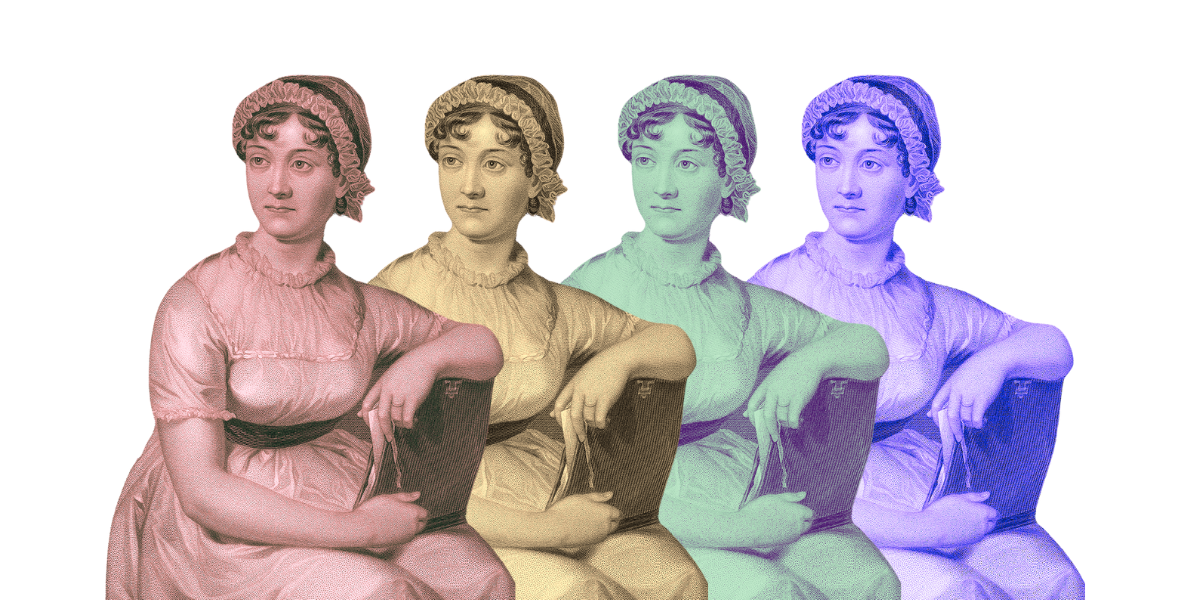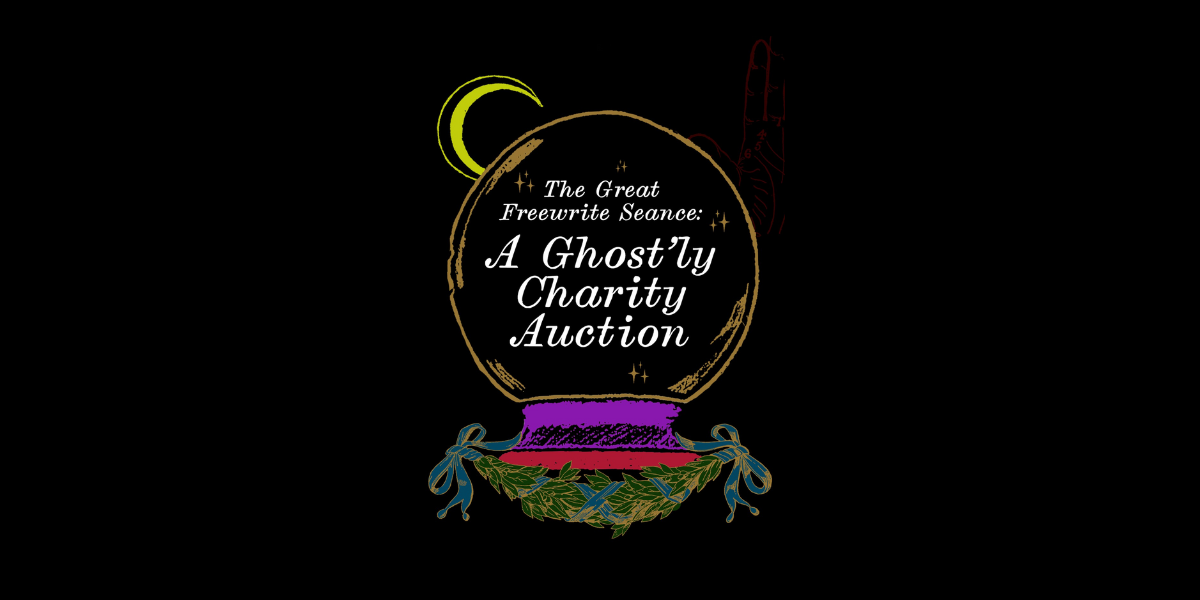“Writing, at its best, is a lonely life.” – Ernest Hemingway
Sometimes, writing can be a lonely endeavor. It’s especially difficult when you're persevering against writer’s block and trying not to compare yourself to other writers.
When you feel alone, however, remember that you’re in good company. All the great writers before you found writing to be arduous at times, but they never gave up. Here’s a compilation of Ernest Hemingway quotes as a reminder to keep your head up.
32 Inspirational Hemingway Quotes to Get You Writing
-
“There is nothing noble in being superior to your fellow man; true nobility is being superior to your former self.”
-
“We are all apprentices in a craft where no one ever becomes a master."
-
“I learned never to empty the well of my writing, but always to stop when there was still something there in the deep part of the well, and let it refill at night from the springs that fed it.”
-
“There is no friend as loyal as a book.”
-
“The world breaks everyone, and afterward, many are strong at the broken places.”
-
“The first draft of anything is shit."
-
“Do not worry. You have always written before and you will write now.”
-
“Worry a little bit every day and in a lifetime, you will lose a couple of years. If something is wrong, fix it if you can. But train yourself not to worry: Worry never fixes anything.”
-
“When people talk, listen completely. Most people never listen.
-
“You know that fiction, prose rather, is possibly the roughest trade of all in writing. You do not have the reference, the old important reference. You have the sheet of blank paper, the pencil, and the obligation to invent truer than things can be true. You have to take what is not palpable and make it completely palpable and also have it seem normal and so that it can become a part of experience of the person who reads it.”
-
“All you have to do is write one true sentence. Write the truest sentence you know.”
-
“All good books are alike in that they are truer than if they had really happened and after you are finished reading one you will feel that all that happened to you and afterwards it all belongs to you: the good and the bad, the ecstasy, the remorse and sorrow, the people and the places and how the weather was. If you can get so that you can give that to people, then you are a writer.”
-
“Every day is a new day. It is better to be lucky. But I would rather be exact. Then when luck comes you are ready.”
-
“Courage is grace under pressure.”
-
“A man can be destroyed but not defeated.”
-
“Every man’s life ends the same way. It is only the details of how he lived and how he died that distinguish one man from another.”
-
“Never confuse movement with action.”
-
“As a writer, you should not judge, you should understand.”
-
“Forget your personal tragedy. We are all bitched from the start and you especially have to be hurt like hell before you can write seriously. But when you get the damned hurt, use it-don't cheat with it.”
-
“There's no one thing that's true. It's all true.”
-
“My aim is to put down on paper what I see and what I feel in the best and simplest way.”
-
“Write hard and clear about what hurts.”
-
“In order to write about life first you must live it.”
-
“Now is no time to think of what you do not have. Think of what you can do with that there is”
-
“It's none of their business that you have to learn how to write. Let them think you were born that way.”
-
“All my life I've looked at words as though I were seeing them for the first time.”
-
“The most essential gift for a good writer is a built-in, shockproof, shit detector.”
-
“When writing a novel a writer should create living people; people not characters. A character is a caricature.”
-
“There is no rule on how to write. Sometimes it comes easily and perfectly; sometimes it's like drilling rock and then blasting it out with charges.”
-
“If a writer stops observing he is finished. Experience is communicated by small details intimately observed.”
-
“Remember to get the weather in your damn book--weather is very important.”
-
“I write one page of masterpiece to ninety-one pages of shit. I try to put the shit in the wastebasket.”
Feeling a little inspired? That’s the spirit.
Writing is a mental game, and we know you’re up for the challenge. Write on, and don’t forget us when you’re famous.


























